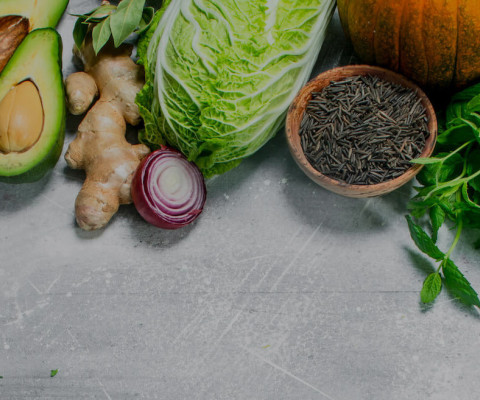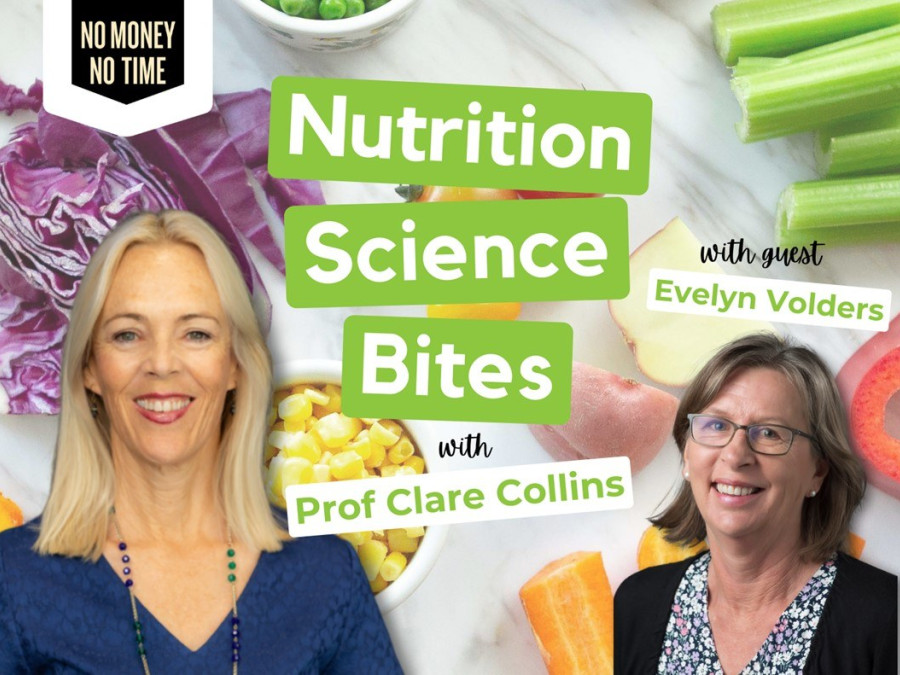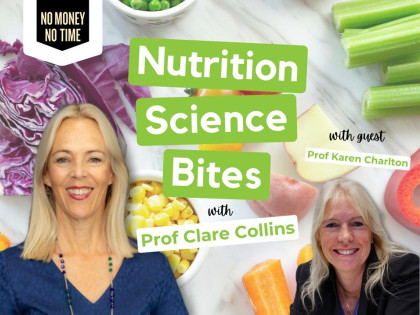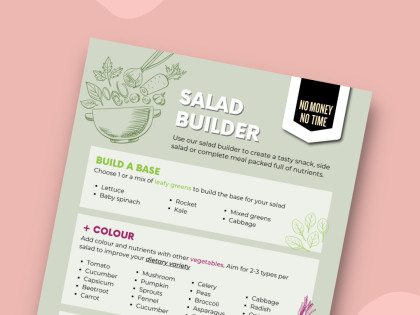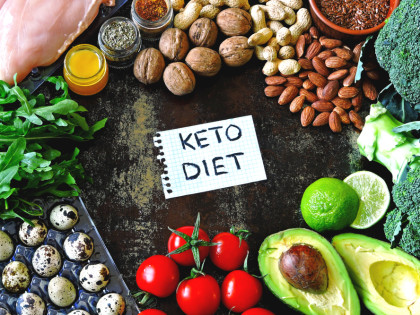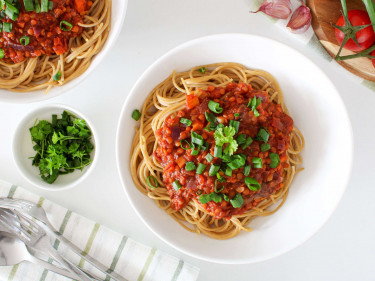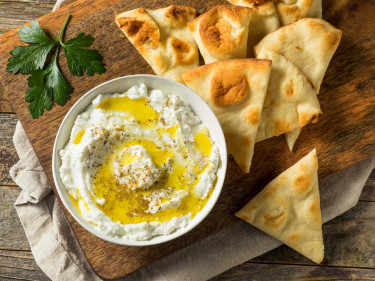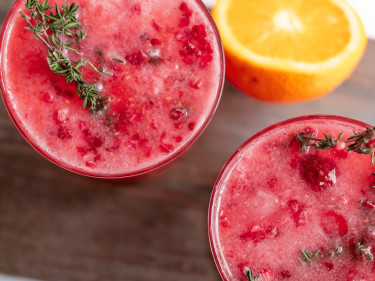Evelyn Volders is an Advanced Accredited Practicing Dietitian (APD) who has worked in paediatric hospitals for over 20 years. After having her first baby, she realised how little support was out there for women regarding breastfeeding, so she trained as a lactation consultant to try and help (which made her realise how little breastfeeding science and practicalities she knew at that time)! And that is what we discuss in this episode, along with ways to support women in feeding their infants. Evelyn has also worked at Monash Uni as a senior lecturer and course convenor for the Bachelor of Nutrition and Dietetics program. She has published on a range of topics, and most recently presented for the Australian Breastfeeding Association Health Professional seminars.
Make Evelyn's Recipe HERE
Breastfeeding can be challenging, so how can we all provide better support to families? - NMNT Article HERE
Follow Evelyn on LinkedIn
Visit the Australian Breastfeeding Association HERE
World Health Organisation (WHO) report on how marketing of infant formula influences decisions on infant feeding HERE
